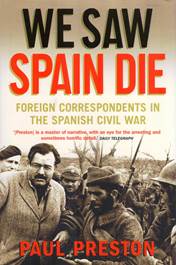Afro-Hispanic Work Songs in Early Modern Spain
Speaker: Dr Carmen Fracchia (Reader in Hispanic Art History in the School of Arts, Birkbeck)
In association with the Postcolonial Reading Group in the Department of English and Humanities.
Discussant: Dr. Mpalive Msiska (Birkbeck) Organizer: Soody Gholami (Birkbeck)
Wednesday 21st November 2018
19:00 – 20:00, Keynes Library
43 Gordon Square
In her paper, Dr. Carmen Fracchia explores the ways in which the Afro-Hispanic proverb or refrain Black but Human is deployed in the recently discovered work songs or black carols, written in ‘black speech’, in a mixture of Castilian and a variety of African languages. These sixteenth-century poems by anonymous African slaves and ex-slaves born in Spain were later reappropriated by Hispanic writers (such as, Lope de Vega, Luis de Góngora or Sor Juana Inés de la Cruz). These songs are infused with the idea that to be human is to have a soul and they focus centrally on the association between the concept of being human and the possession of a soul that becomes white as the result of the transformative effects of baptism. Their struggle for freedom will be conveyed by the end of the seventeenth century in a radically different work song written in Castilian by a black freedman (only published in 2014).
. . Category: Archived Events . Tags: Afro-Hispanic, Early Modern, Song, Spain


